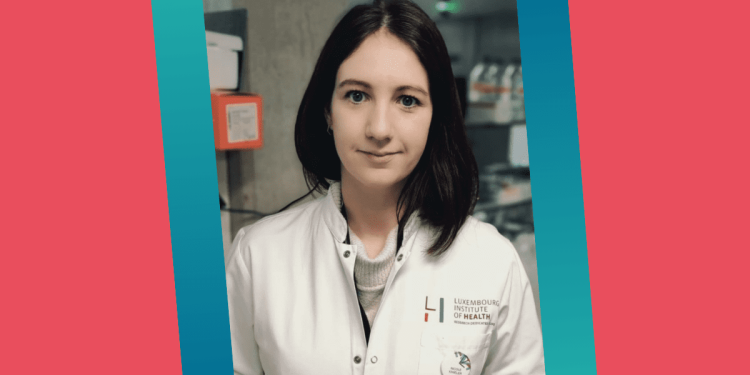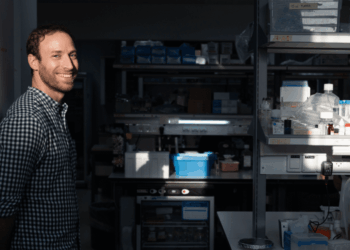Nicole Kiweler has now completed her first 6 months of hier EACR-Boehringer Ingelheim Postdoctoral Fellowship, funding that is awarded for a period of up to three years to support excellent postdoctoral researchers in laboratories throughout Europe.
Nicole is a Scientist in the Cancer Metabolism Group at the Department of Cancer Research of the Luxembourg Institute of Health (LIH) where she studies cancer metabolism and its relevance for metastasis. We recently caught up with her to hear about the progress he has made in his research during these first few months.
Can you tell us about the topic of the research you are undertaking during your fellowship?
My current research aims to understand how changes in metabolic pathway activity, and here especially the activity of cytosolic and mitochondrial one-carbon cycle, shape the metastatic potential of cancer cells. We found that mitochondrial one-carbon cycle activity is important to sustain cancer cell migration under chemotherapy (Kiweler et al., Nat Commun 2022 May 16, 13(1):2699). In my current fellowship, I use the novel PHGDH inhibitor BI9593 from Boehringer Ingelheim to limit intracellular serine synthesis in vitro and in vivo and to subsequently reduce mitochondrial 1C cycle activity and cancer metastasis under chemotherapy.
At this stage, how do you think the fellowship will be beneficial to your research and your career?
The EACR-Boehringer Ingelheim Fellowship is giving me the opportunity to further validate my previous studies on the importance of endogenous serine synthesis and one-carbon cycle activity for cancer cell metastasis. With the help of the fellowship, I will be able to receive sufficient amounts of the newly developed PHGDH inhibitor BI9593 to validate my findings in in vivo mouse models. This will help me to consolidate my existing research, to further pursue this area of research and to evaluate its role as a research topic for my future career.
What have been the highlights from the first 6 months of your fellowship?
One of the highlights of these first months of the fellowship was to confirm that the newly developed PHGDH inhibitor BI9593 is 10fold more potent than the previously used PHGDH inhibitor BI4916. This allows for improved on-target treatment and is promising for its in vivo use. Apart from that, it is certainly a highlight being invited to the upcoming EACR Congress in June 2025 in Lisbon and I am very much looking forward to join and exchange with cancer researchers form all around the world.
EACR Postdoctoral Fellowships
To find out more about the EACR’s other Postdoctoral Fellowships, click here.









